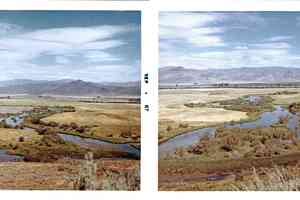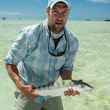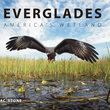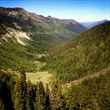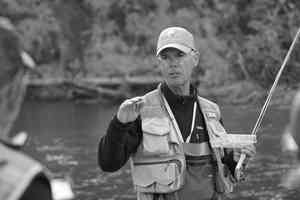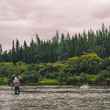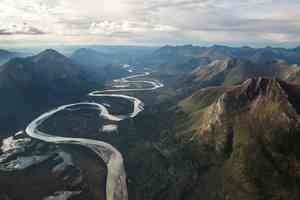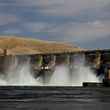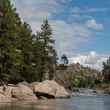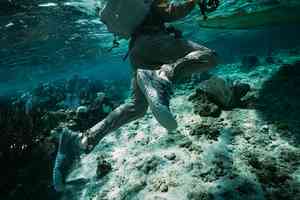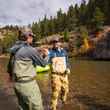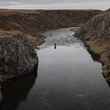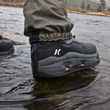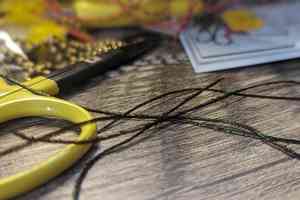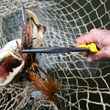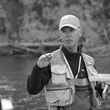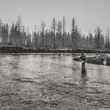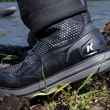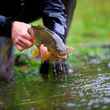Laying about in in the depths of a hundred and one fever I have the leisure of considering all manner of things. In and out of the void topics both meaningful and mundane surge and recede. Did I reply to that email? I wonder if the ice dams on the roof will be a problem? How long before the streams flow free again?
Unlike much of the west, our eastern winter has been wet and frigid. Four foot drifts guard the banks of the driveway. The stop sign at the end of the street has been consumed by the plow's drift. It's increasingly difficult to find places to put the new snow which arrives, a few inches at a time, every other day or so.
While I still whine about the weather, mutterings about the weight of the season are so common as to be meaningless. So much has already said about the endless cold days that there are few words worth listening to. I do it as much out of habit as anything else.
